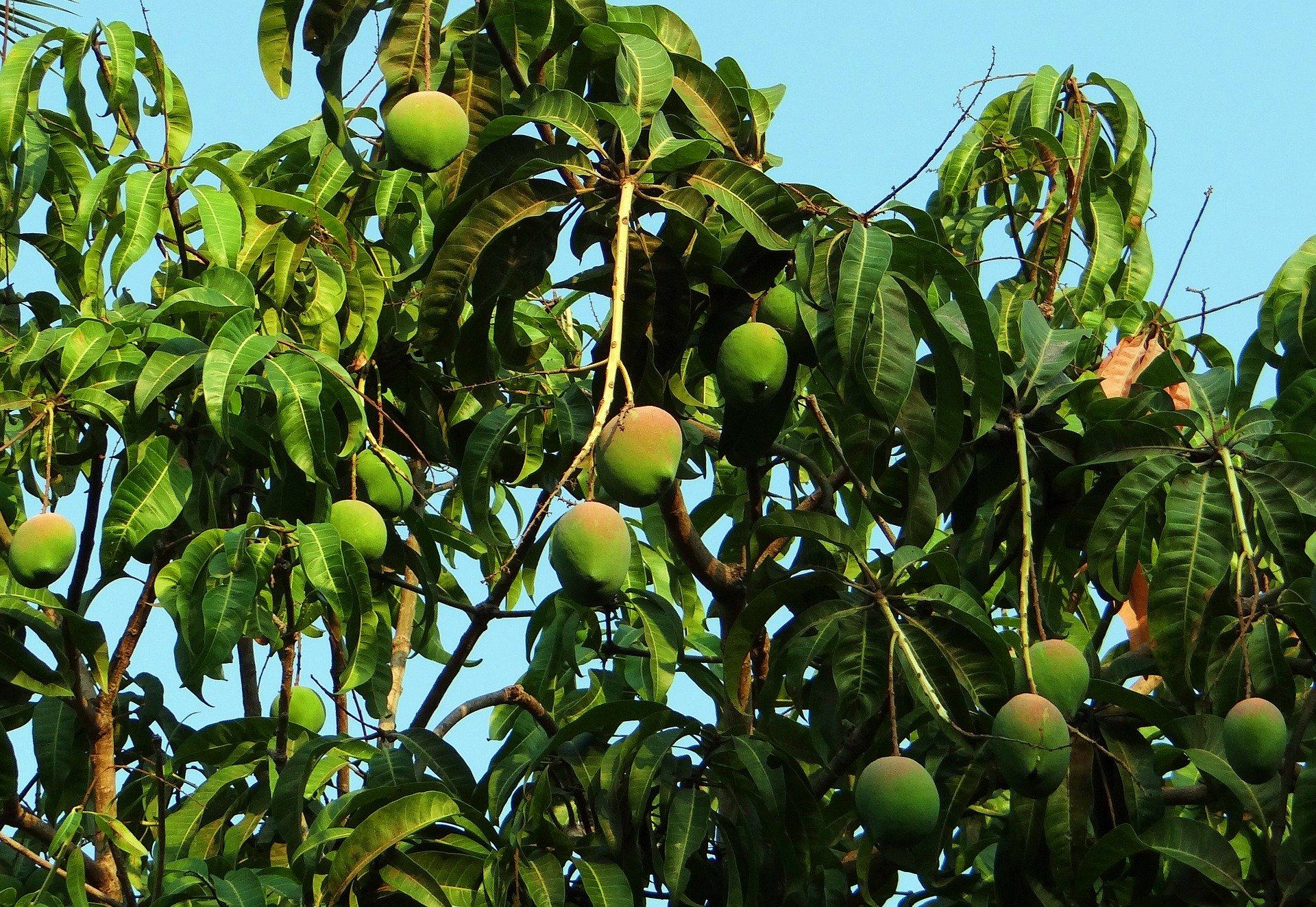After unseasonal rain and hailstorm, the coronavirus outbreak followed by the lockdown has hit the mango farmers and traders hard.
Alphonso (Hapus), a mango variety, is grown in several districts, including Ratnagiri, Sindhudurg in Maharashtra. The crop ripens by March and remains in the market from March to June. Alphonso also has a good demand abroad, but the export of mangoes has been affected due to the spread of coronavirus.
Prashant Jadhav, who lives in Ratnagiri district in Maharashtra, informed us that he used to earn so much during these months that with these earnings he would manage expenses for the entire year. But because of the coronavirus, he would hardly earn any thing. Prashant said: “Although mangoes are ready, I am not able to sell them. Alphonso mango, which used to be in high wide demand from Europe to Gulf countries, has no buyers now.”
The demand for Indian Alphonso is quite high in the US, Europe and Gulf countries. In the absence of exports due to corona, Alphonso’s demand is adequate in the domestic market, but due to the nationwide lockdown, it couldn’t be send to the markets in other states.
Moreover, there is a shortage of labourers who used to help in sorting mangoes, cleaning as well as in packaging.
“Farmers are not able to reach the markets, no matter it be local, regional and foreign markets. We used to supply mangoes to the markets in cities like Mumbai and Pune, but this time we are unable to do so. If this continues, we may have to suffer a loss of 70-80 per cent.”
Meanwhile, the other varieties of mangoes in North-India are yet to ripen.
Nadeem Siddiqui , president, Mango Export Association in Uttar Pradesh, said: “Earlier, rain had ruined the mango blossom and when the time had come for picking mangoes from the fields, coronavirus outbreak hit us. Every year, we used to export mango to countries like Italy, Japan, Australia, as well as to the gulf countries. Around 250 tonnes of mangoes used to supplied from Uttar Pradesh to other countries. But this time the mango farmers are going to face huge losses.”
The major mango producing districts of Uttar Pradesh are Lucknow, Amroha, Sambhal, Muzaffarnagar and Saharanpur. Many mango varieties, such as Dusseri, Chowsa, Langda, Fazli, Mallika, Gulab khas and Amrapali, are cultivated in about 2.5 lakh hectares of landholding in the state.
Andhra Pradesh, Uttar Pradesh, Karnataka, Bihar, Maharashtra, Gujarat and Uttar Pradesh are the major mango producing states in the country.
Uttar Pradesh is the largest mango market in the country. Besides, Indian mangoes have a huge demand in the United Arab Emirates, UK, Saudi Arabia, Qatar, Kuwait and the United States.
According to APEDA, 46510.23 MT of mangoes worth Rs 406.45 crore were exported in 2018-19.
“Even if the lockdown gets over by June, it would not be easy to send it the foreign markets. We have been finding ways of sending them to other markets so that we may not suffer losses. We are also demanding that the mango supply should not be restricted across the country,” added Nadeem.
Insram Ali, president of the All India Mango Grower Association, said: “During this month, farmers used to clean the farms, but because of the lockdown they are not able to do it.”
“If the situation doesn’t improve, it will be difficult to send mangoes even to the domestic markets this year,” he added.
The Central Horticulture Sub-tropical Institute, after inspecting a few districts in the state, observed that due to long winter and untimely rains, the mango blossom was delayed. This year, damages caused due to the pest-attack and disease outbreak was less. In January, the extreme cold destroyed the offspring of the Bhunga insect, and the incessant rain killed the Thrips insect in the soil. As a result, both these common pests were not found in most of the orchards.
Bhunga insect may still be spotted somewhere, but Thrips won’t show up anywhere like it did last year. Mango blossoms were affected because of heavy showers and hailstorm, this is why the yield has reduced.
Shailendra Rajan, director of the Institute, said: “Since the mango blooms were less this year, the yield got affected. In North-India, fruits start ripening in June, while mangoes in south and west parts of the country begin to ripe way earlier. This lockdown is having a bearing on mango farmers, but they need to understand that if they are not careful, the remaining crop would also be wasted in the coming days. Therefore, they must continue to spray the trees.”
“Keeping the present situation in mind, farmers must ensure that their mango reaches the domestic markets at least,” concluded Shailendra Rajan.


















